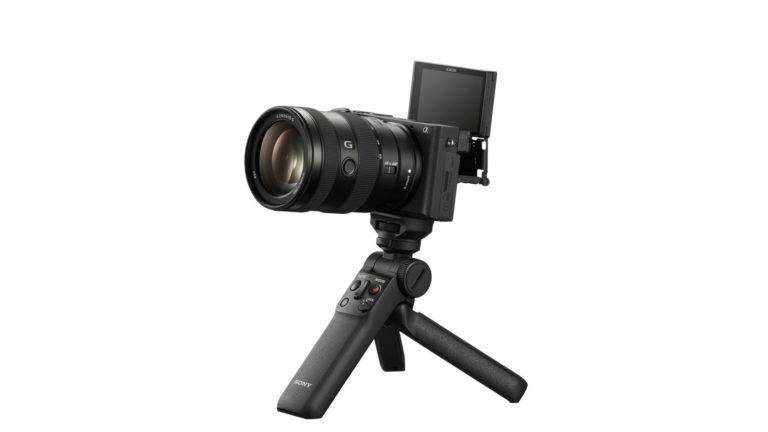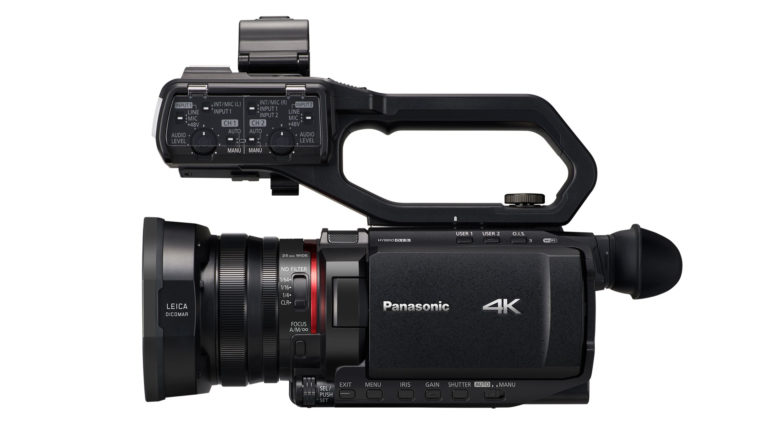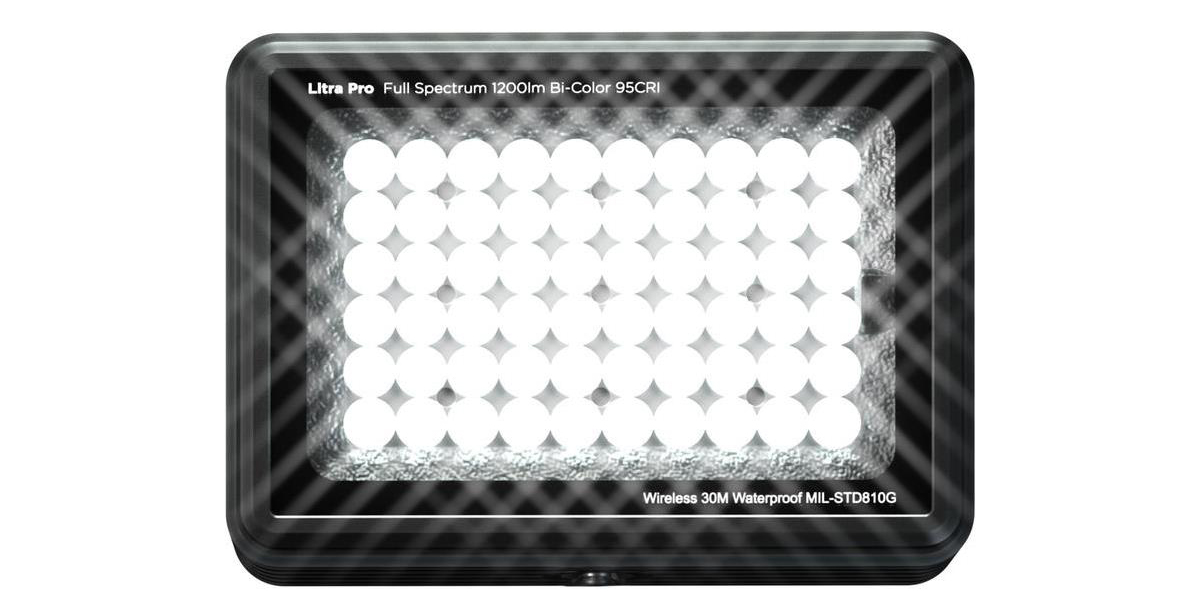
promos for MTV when it blasted onto the air, then segueing into
directing music videos – his most famous is Pearl Jam’s " Jeremy "- then
helming commercials for Gatorade and ADD cures. Grab the remote, and
you’ll find Pellington’s features, the thrillers Arlington Road and The
Mothman Prophecies, on cable. But with the exception of one episode of
Homicide, he had never done a primetime episodic until this pilot
season. Pellington is a driven polymath, not likely to sit on the
sidelines of any film format. So after a reading eight scripts and
taking a cycle of meetings this year, he found himself responding to
Meredith Stiehm’s script for Cold Case and decided to throw himself
into the foot-race of eight-day shoots and four-day edits with the
extra challenge of making a series that wasn’t just another cop show.
lead. Cold Case had a psychological angle he felt he could mine, but it
was the element of flashbacks illuminating the original crime that he
really thought he could work.





because there’s darkness and you can explore abstract themes. The idea
of being able to go into a period and literally use the film stock so
stylistically in the flashbacks was appealing. I said,‘Great, so I’ll
be able to be in the 70s for 1 / 4 of the show,’ and that’s kind of
cool."
most creative part of television- defining a look, hiring creatives and
actors, and then finally culminating in selling the network. Finding
himself on a new playing field, Pellington felt he’d get the visual
look he’d imagined more easily with a DP he had an existing shorthand
with and so he brought in Tom Richmond ( Slums of Beverly Hills,
Killing Zoe), who’d shot music videos with him, including " Jeremy." It
was a security blanket as the two had a working relationship, but it
was also a gamble as Richmond hadn’t done episodic before. That was a
plus in Pellington’s view. He says he knew that Richmond would get what
he was trying to do with the flashback sequences, which he felt should
use techniques that contrasted with the more traditional show footage.


was going to do stuff that was slightly unorthodox, I knew that I
needed a DP that would get it," Pellington says. From his videos
through Mothman Prophecies, Pellington has established himself as a
stylist born of the information age, layering data, symbols, feedback,
and modes of perception together to create riveting film images.
chops in music video and commercials, Eric Schmidt, who shot the
Flaming Lips video " Do You Realize? " and several Gatorade spots with
him. "I thought he’d be able to bring an enthusiasm," says Pellington,
"a vitality and a fresh perspective from the world of video and
commercials to these narrative flashbacks instead of saying,‘Just shoot
the negative and come up with some gimmick in post.’ You cannot rely on
color correction to be your look, you’ve got to have something coming
out of the box that’s different. You can do a lot in film-to-tape but
you can’t use it as a crutch."



almost always gets his hands on the camera except on features.
there and feel the scenes and sometimes I’m just bored. I wouldn’t do
it for a really complicated, elaborate dolly move. I’m not confident of
my skills on the wheels but on commercials I operate all the time
because I’m just finding frames and cutting it my head." The flashback
scenes in Cold Case are where this series diverges from other cop
series, bringing to life the memories of crimes that have been
gathering dust in police department file cabinets.
confrontational sequence where detective Lilly Rush ( Kathryn Morris)
questions a suspect in a parking lot. And for a key scene in the pilot
that flashes back to moments after a murder, he also shouldered a
camera and told a gaffer to get right into the face of his actor with a
sun gun. Shot on 16mm Ektachrome 7239 160 daylight reversal stock at
night, the scene evokes the highly stylized imagery of memory. "I
convinced them to shoot the Vision2 stock," says Pellington, who likes
the stock’s blacks. "It gave us great malleability for the series and
means that anything we do for flashbacks, be it Super 8, 35, infrared,
[or] reversal, will look more unique."
pushed one stop under incredibly low-light situations. Other flashbacks
for an episode directed by Paris Barclay, set in the 80s, were shot on
Ektachrome 5285 100 daylight stock pushed two stops to 400 ASA and
overexposed a stop-and-a-half to two-thirds, with much of the footage
shot at 60 or 120 fps.
Pellington. "We added contrast and cooled it off a bit and shot the
flashbacks with more lurid color so that it feels like a documentary
shot in the 70s."
important one about rhythm. "Probably my pacing was construed to be a
little bit slow, frankly, for TV. The murder at the end of the pilot
was slightly slower and a little creepier in my original cut. But when
three shots were lost and two little things were tightened, the feeling
of it- where I put the camera, the way it was lit- was retained. That’s
a certain kind of speed aesthetic that Jerry Bruckheimer and Jonathan
Littman get."
series as a consulting producer. "My role is to talk to every director
about what their ideas are for the design of every show and just keep
quality control." After directing some spots this fall, Pellington will
be attaching talent to two films he’s been working on. "They’re more
independent-minded, still probably able to attract talent, but not big
huge star action movies or big romantic comedy things," he says.
days to shoot one of his pictures. Now he’s gotten the schedule down to
38 days. "The TV thing’s been good," Pellington says, "I can still make
something look good and with less time and a smaller machine."
Did you enjoy this article? Sign up to receive the StudioDaily Fix eletter containing the latest stories, including news, videos, interviews, reviews and more.









Leave a Reply